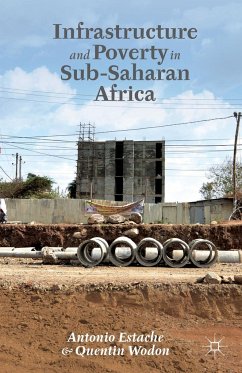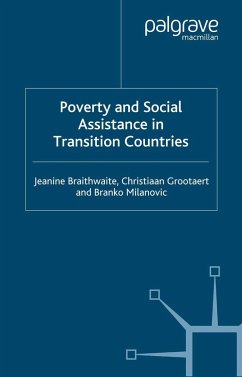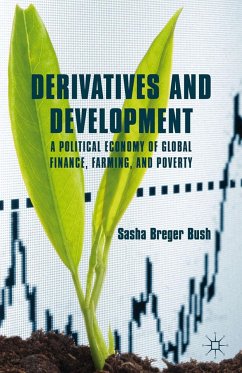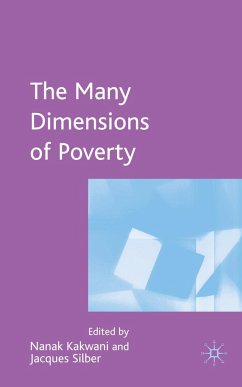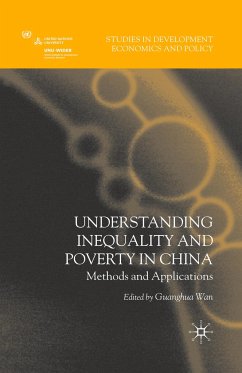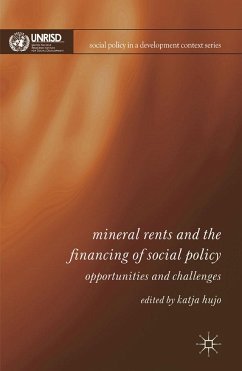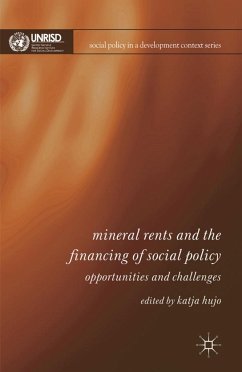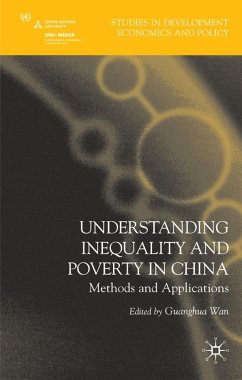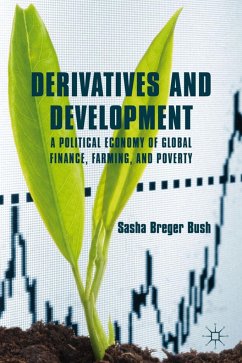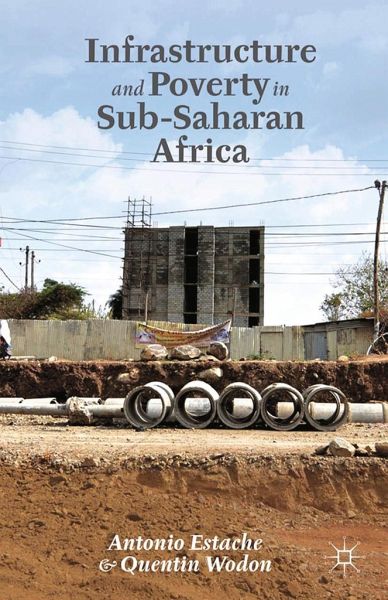
Infrastructure and Poverty in Sub-Saharan Africa
Versandkostenfrei!
Versandfertig in 6-10 Tagen
38,99 €
inkl. MwSt.
Weitere Ausgaben:

PAYBACK Punkte
19 °P sammeln!
Infrastructure and Poverty in Sub-Saharan Africa analyzes the extent to which, how, and how fast the infrastructure needs of the poor have been met in Sub-Saharan Africa. Estache and Wodon explore the extent to which some key policies have hurt or helped progress in trying to speed the expansions of coverage so clearly needed in the region. They focus on electricity, water, sanitation, and other services at the core of the day-to-day needs of the population, examining the extent to which reforms of the last 15-20 years have managed to reduce the infrastructure gap. They anchor their analysis o...
Infrastructure and Poverty in Sub-Saharan Africa analyzes the extent to which, how, and how fast the infrastructure needs of the poor have been met in Sub-Saharan Africa. Estache and Wodon explore the extent to which some key policies have hurt or helped progress in trying to speed the expansions of coverage so clearly needed in the region. They focus on electricity, water, sanitation, and other services at the core of the day-to-day needs of the population, examining the extent to which reforms of the last 15-20 years have managed to reduce the infrastructure gap. They anchor their analysis on the evidence available about the macroeconomic importance of infrastructure for the region, the policies that have been adopted to accelerate coverage, and a detailed assessment of the poverty dimensions of infrastructure.



